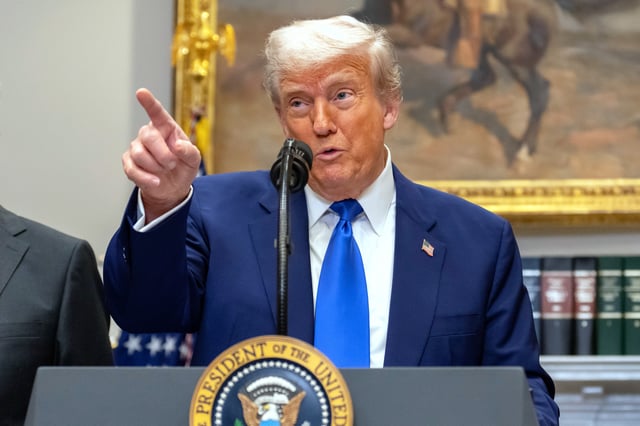Overview
- The $5 billion proposal is part of House Republicans' budget reconciliation bill, advancing President Trump's universal school choice agenda.
- The program would provide scholarships for private and religious schools, funded by donor contributions eligible for full tax credits.
- Eligibility is set for nearly all households earning below three times the local median income, marking the first federal tax-credit scholarship initiative.
- Critics argue the plan benefits wealthy families, creates tax loopholes, and risks diverting resources from public schools.
- This follows a trend of state-level voucher programs, including Texas's recent $1 billion initiative, raising concerns about impacts on public education systems.
